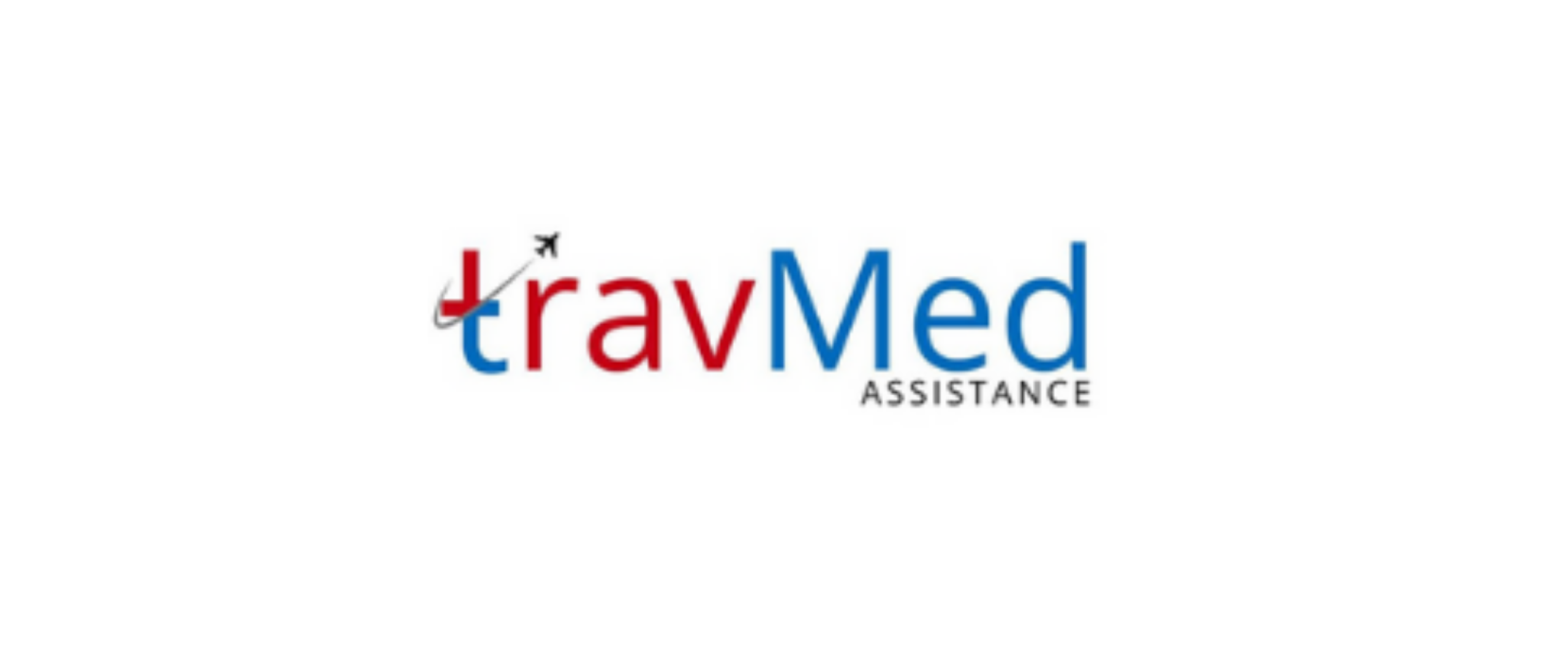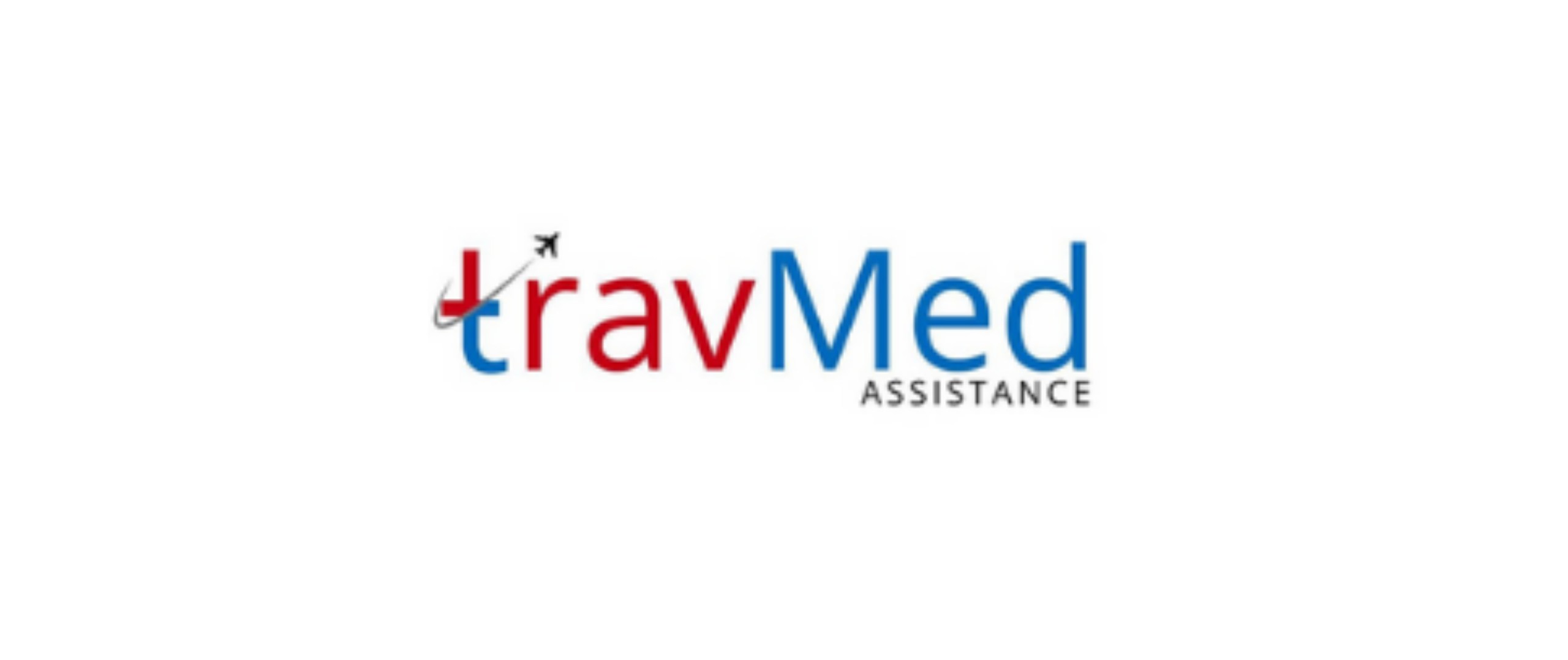
Medical fraud in Nepal encompasses a range of deceptive practices within the healthcare system. These fraudulent activities include billing for services not rendered, falsifying medical records, unnecessary medical procedures, and prescription drug fraud. In Nepal, medical fraud often involves healthcare providers, insurance companies, and patients. The Nepal Medical Council and Ministry of Health and Population have identified various forms of fraud, such as overbilling, upcoding, and kickback schemes. Medical fraud in Nepal not only drains financial resources but also compromises patient care and erodes trust in the healthcare system. The prevalence of medical fraud in Nepal has led to increased scrutiny and efforts to combat these unethical practices.
How do you spot medical fraud?
Spotting medical fraud in Nepal requires vigilance and attention to detail. Key indicators include discrepancies in medical bills, unexplained charges, or services not received. Patients should carefully review their medical records and insurance statements for any inconsistencies. Red flags may include duplicate billing, excessive testing, or treatments unrelated to the diagnosed condition. In Nepal, unusual patterns of referrals or prescriptions can also signal potential fraud. Patients should be wary of providers who pressure them into unnecessary procedures or treatments. Additionally, any requests for cash payments or offers of kickbacks should raise suspicion. The Nepal Medical Council advises patients to maintain detailed records of their medical visits and treatments to facilitate fraud detection.
Who handles medical fraud cases in Nepal?
In Nepal, multiple agencies are responsible for handling medical fraud cases. The primary authority is the Nepal Medical Council, which investigates complaints against healthcare professionals and facilities. The Ministry of Health and Population also plays a crucial role in overseeing healthcare practices and addressing fraud. The Commission for the Investigation of Abuse of Authority (CIAA) handles cases involving corruption in public healthcare institutions. For insurance-related fraud, the Insurance Board of Nepal takes the lead. The Nepal Police, particularly its Central Investigation Bureau, investigates criminal aspects of medical fraud. These agencies often collaborate to address complex fraud cases. The Department of Drug Administration is involved when fraud relates to pharmaceutical products or prescriptions.
What documents help identify fraud?
Several documents are essential for identifying medical fraud in Nepal:
- Medical bills and invoices
- Insurance claim forms and statements
- Medical records and treatment plans
- Prescription records
- Referral documents
- Laboratory and diagnostic test results
- Hospital admission and discharge summaries
- Consent forms for procedures
- Receipts for medical services and supplies
- Appointment schedules and attendance records
These documents provide a paper trail that can reveal discrepancies indicative of fraud. The Nepal Medical Council recommends patients maintain copies of all these documents for their records. Healthcare providers are required by law to maintain accurate and complete documentation, which can be cross-referenced during fraud investigations.
How much does fraud detection cost?
The cost of fraud detection in Nepal varies depending on the scale and complexity of the investigation. For individual patients, reviewing personal medical records and bills is typically free. However, professional fraud detection services can range from NPR 5,000 to NPR 50,000 or more. Large-scale investigations by government agencies or healthcare institutions may cost significantly more, potentially reaching hundreds of thousands of Nepali Rupees. The Nepal Medical Council offers free initial consultations for fraud complaints. Some insurance companies in Nepal provide fraud detection services as part of their coverage, often at no additional cost to policyholders. The Investment Board Nepal estimates that investing in fraud detection can save healthcare institutions up to 10 times the cost of implementation in prevented losses.
What is the process for fraud handling?
The process for handling medical fraud in Nepal typically follows these steps:
- Identification of suspected fraud
- Gathering and documenting evidence
- Reporting to relevant authorities (e.g., Nepal Medical Council, CIAA)
- Initial assessment by the receiving agency
- Formal investigation launch if warranted
- Interviews with involved parties
- Review of medical and financial records
- Analysis of gathered evidence
- Preparation of investigation report
- Decision on appropriate action (e.g., fines, license revocation)
- Implementation of penalties or corrective measures
- Appeals process if applicable
- Monitoring of compliance with imposed measures
- Public reporting of case outcomes
The Nepal Medical Council emphasizes the importance of thorough documentation throughout this process. The duration and complexity of fraud handling can vary significantly based on the nature and scale of the fraud.
How long do fraud investigations take?
The duration of medical fraud investigations in Nepal can vary widely depending on the complexity of the case. Simple cases may be resolved within a few weeks, while more intricate investigations can extend for several months or even years. On average, the Nepal Medical Council reports that most fraud investigations take between 3 to 6 months to complete. Factors affecting the timeline include the availability of evidence, cooperation of involved parties, and the workload of investigating agencies. High-profile cases or those involving multiple institutions may take longer due to their complexity. The Commission for the Investigation of Abuse of Authority aims to complete initial assessments within 30 days of receiving a complaint. However, full investigations can extend beyond this timeframe if additional evidence or expert analysis is required.
Who monitors fraud cases in Nepal?
Several entities monitor medical fraud cases in Nepal:
- Nepal Medical Council: Oversees professional conduct and investigates complaints
- Ministry of Health and Population: Monitors overall healthcare practices and policies
- Commission for the Investigation of Abuse of Authority: Tracks corruption cases in public institutions
- Insurance Board of Nepal: Monitors insurance-related fraud
- Department of Drug Administration: Oversees pharmaceutical-related fraud
- Central Investigation Bureau of Nepal Police: Monitors criminal aspects of medical fraud
- National Vigilance Center: Conducts preventive and detective anti-corruption activities
- Office of the Auditor General: Reviews financial aspects of public healthcare institutions
- Parliamentary committees: Provide oversight on healthcare policies and practices
- Civil society organizations: Monitor and report on healthcare fraud issues
These entities often collaborate and share information to ensure comprehensive monitoring of fraud cases across the Nepali healthcare system.
How can fraud prevention services help?
Fraud prevention services in Nepal offer multiple benefits to healthcare institutions and patients:
- Early detection of fraudulent activities
- Implementation of robust internal control systems
- Training for healthcare staff on fraud recognition and prevention
- Regular audits and risk assessments
- Development of fraud reporting mechanisms
- Data analysis to identify unusual patterns or trends
- Assistance in policy development for fraud prevention
- Consultation on legal compliance and ethical practices
- Support in implementing technology solutions for fraud detection
- Coordination with law enforcement and regulatory bodies
- Public awareness campaigns on medical fraud
- Assistance in recovering losses from fraudulent activities
The Nepal Medical Council recommends that healthcare institutions invest in fraud prevention services to protect their reputation and financial stability. These services can significantly reduce the risk of fraud and minimize potential losses.
Are fraud detection services available nationwide?
Fraud detection services in Nepal are primarily concentrated in urban areas, particularly in Kathmandu Valley. However, efforts are underway to expand these services nationwide. The Nepal Medical Council has initiated programs to establish fraud detection units in major hospitals across all seven provinces. Currently, comprehensive fraud detection services are available in cities like Kathmandu, Pokhara, Biratnagar, and Birgunj. In rural areas, fraud detection often relies on local health authorities and community-based organizations. The Ministry of Health and Population is working to integrate fraud detection capabilities into district-level health offices. Telemedicine and digital health initiatives are also being leveraged to extend fraud detection services to remote areas. Despite these efforts, significant disparities remain in the availability and quality of fraud detection services between urban and rural regions of Nepal.
How reliable are fraud detection providers?
The reliability of fraud detection providers in Nepal varies, with some offering more credible services than others. Established providers accredited by the Nepal Medical Council or recognized by the Ministry of Health and Population generally demonstrate higher reliability. These providers typically employ trained professionals and use advanced data analysis techniques. However, the field of fraud detection in Nepal is still developing, and not all providers meet international standards. The Insurance Board of Nepal has implemented a rating system for fraud detection providers, which can guide consumers in selecting reliable services. Factors affecting reliability include the provider’s experience, technological capabilities, and adherence to ethical standards. The Nepal Health Professional Council recommends that healthcare institutions and individuals verify the credentials and track record of fraud detection providers before engaging their services.
How do I report suspected fraud?
To report suspected medical fraud in Nepal, follow these steps:
- Document all relevant details of the suspected fraud
- Gather supporting evidence (e.g., bills, medical records)
- Contact the Nepal Medical Council’s complaint hotline
- File a written complaint with the healthcare institution involved
- Report to the Commission for the Investigation of Abuse of Authority if public institutions are involved
- Notify your insurance provider if the fraud is insurance-related
- File a report with the local police station
- Submit a complaint to the Department of Drug Administration for pharmaceutical fraud
- Use the online reporting portal of the Ministry of Health and Population
- Inform relevant professional associations (e.g., Nepal Medical Association)
- Consider contacting consumer rights organizations for additional support
- Follow up regularly on the status of your complaint
- Be prepared to provide additional information or testimony if required
- Maintain confidentiality during the investigation process
The Nepal Medical Council emphasizes the importance of prompt reporting and thorough documentation when reporting suspected fraud. Whistleblower protection laws in Nepal provide some safeguards for individuals reporting fraud in good faith.


